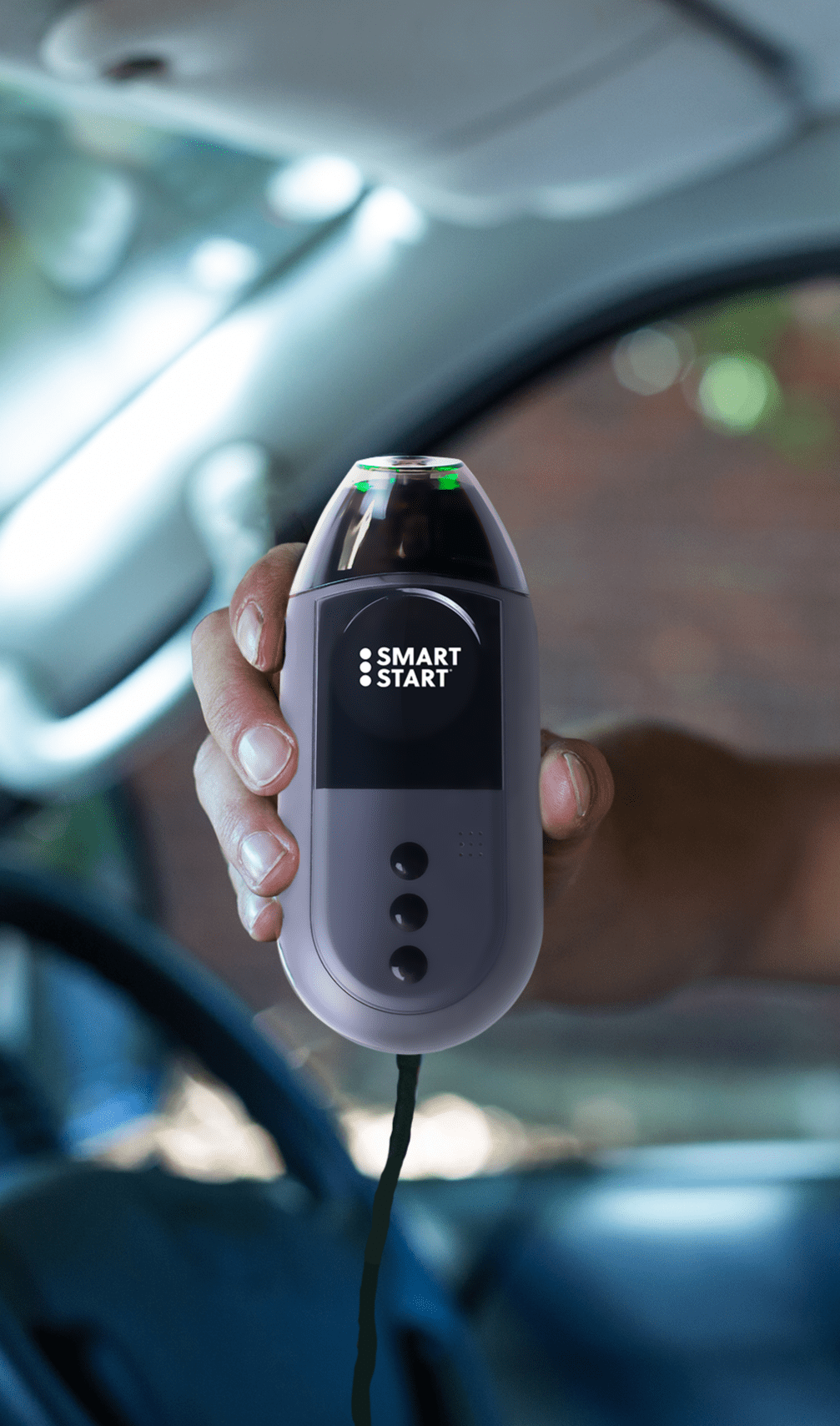How Do Americans Get Home Safely After Drinking?
Survey Explores How Americans Plan for a Night Out
Many of us have been in that uncomfortable situation before: You went out and had a few drinks, but now the night’s winding down — and you’re not sure how to get home safely. How do you know if you’re OK to get on the road, or if you should reach for a rideshare or taxi?
Smart Start works with drivers who have DUI convictions day in and day out. We know how challenging it can be to make the right choice to get a rideshare, sober driver, or otherwise avoid impaired driving. We wanted to learn more about the factors that drive people to make these crucial decisions, so we surveyed 1,000 American drivers to ask how and why they make the choice to stay safe when coming home from a night out.
Key Insights
At a glance, this is what we found:
- 41% of respondents admitted that they have regretted driving after realizing they might have been more intoxicated than they thought.
- When asked how often respondents assign a designated driver for a night out with friends, 53% of respondents said they always assign a designated driver.
- 70% of respondents that assign designated drivers said they are “very likely” to stick to their plan by the end of the night.
- The two challenges that pose the greatest threat to respondents not personally getting home safely are either not realizing how impaired they are or safety concerns about traveling with strangers (each 25% of all answers).
- 80% of respondents said they are moderately to very concerned about the risks of drinking and driving.
Preferred Transportation Options
Several options are out there for a driver who needs safe transportation home after drinking alcohol. We surveyed drivers about which methods they preferred, and here’s what they said:
- Designated Drivers: 30% of survey respondents said designating a non-drinking driver was their preferred way to get home, narrowly making it the most popular method.
- Rideshares and Taxis: Taking a taxi or rideshare (like an Uber or Lyft) came in just behind using a DD, with 27% of respondents saying it was their preference. While it adds a little to the cost of the night, these costs are nothing compared to the legal fees and trouble that come with a DUI charge. Taking a rideshare or taxi can be a good option when you want everyone to have the chance to indulge safely.
- Driving Yourself: 20% said they opt to drive themselves and limit the amount of alcohol they drink. It’s worth noting that even small amounts of alcohol can negatively affect your ability to drive.
- Other Methods: Some other methods that our respondents mentioned included public transit (3%) and walking home (3%), two good methods that are most available to people in large, dense cities. Meanwhile, 6% said they preferred not using transportation at all and simply staying overnight at a friend’s house or even a hotel.
Commitment to Safety
Most people aren’t naive about the risks of impaired driving. 80% of our respondents said they’re moderately or very concerned about the severe risks of driving after drinking. They’re right to be concerned, since according to the NHTSA, 32% of all traffic crash fatalities involve a driver with a BAC of .08 or above.
When asked how often respondents assigned designated drivers when going out with friends, over 50% said they always assign a designated driver before going out, and 37% said they “sometimes” assign one. Of course, these plans are only as good as their execution — but fortunately, most people also seem able to stick to the plan, with around 70% saying they were very likely to follow their plan to use a DD.
Judgment and Confidence
Deciding how to get home always involves a judgment call. In another question, we asked people how they decided if they were “OK” to get home via driving after they’d consumed alcohol.
- 55% said they play it safe and don’t drive after drinking at all. With the extreme risks that drunk driving presents, these folks ask: Why take the chance?
- 30% said they judge by the number of drinks they’ve had and over how long a period. This can be a useful way to get a basic idea of how much alcohol might be in your system. However, it’s harder to estimate than you might expect because of the numerous factors that affect how your body processes alcohol.
- 25% said they just go by how they’re feeling. People tend to have high opinions of their own judgment, with 65% identifying as “very confident” in judging their own ability to drive. 59% said they’d never driven more impaired than they thought and then regretted it later — but 41% said they had. Considering that alcohol lowers inhibitions, it makes sense that some people might not realize in the moment that they actually shouldn’t be driving.
Safety Concerns
Rideshare and public transit can both be smart ways to get home after drinking, but they come with safety concerns that make some people reluctant to use them. When asked about their greatest obstacle to getting home safely, 25% said that safety concerns about traveling with strangers topped their list. However, 86% also said that they’d rather risk taking a rideshare or public transit with a stranger than drink and drive.
Methodology
We surveyed 1,000 Americans in October 2024 to ask them how often they assign designated drivers, how confident they are in their judgment, alternate plans to get home and any factors that cause them to hesitate to take advantage of public transportation and ride-shares.
No matter which method you choose to get home after your night out, it all starts with one life-saving decision: to avoid driving while impaired. Smart Start continues to fight drunk driving with our Ignition Interlock Devices that help drivers with DUIs get back on the road, plus portable alcohol monitoring and Breathcheck devices for monitoring on the go.
Schedule an Installation
Get a quick and easy IID installation with Smart Start! Get started today!
¡Obtenga una instalación rápida y fácil de IID con Smart Start! ¡Empieza hoy mismo!
"* (required)" indicates required fields
Disclaimer
 Bilanol/Shutterstock.com
Bilanol/Shutterstock.com








